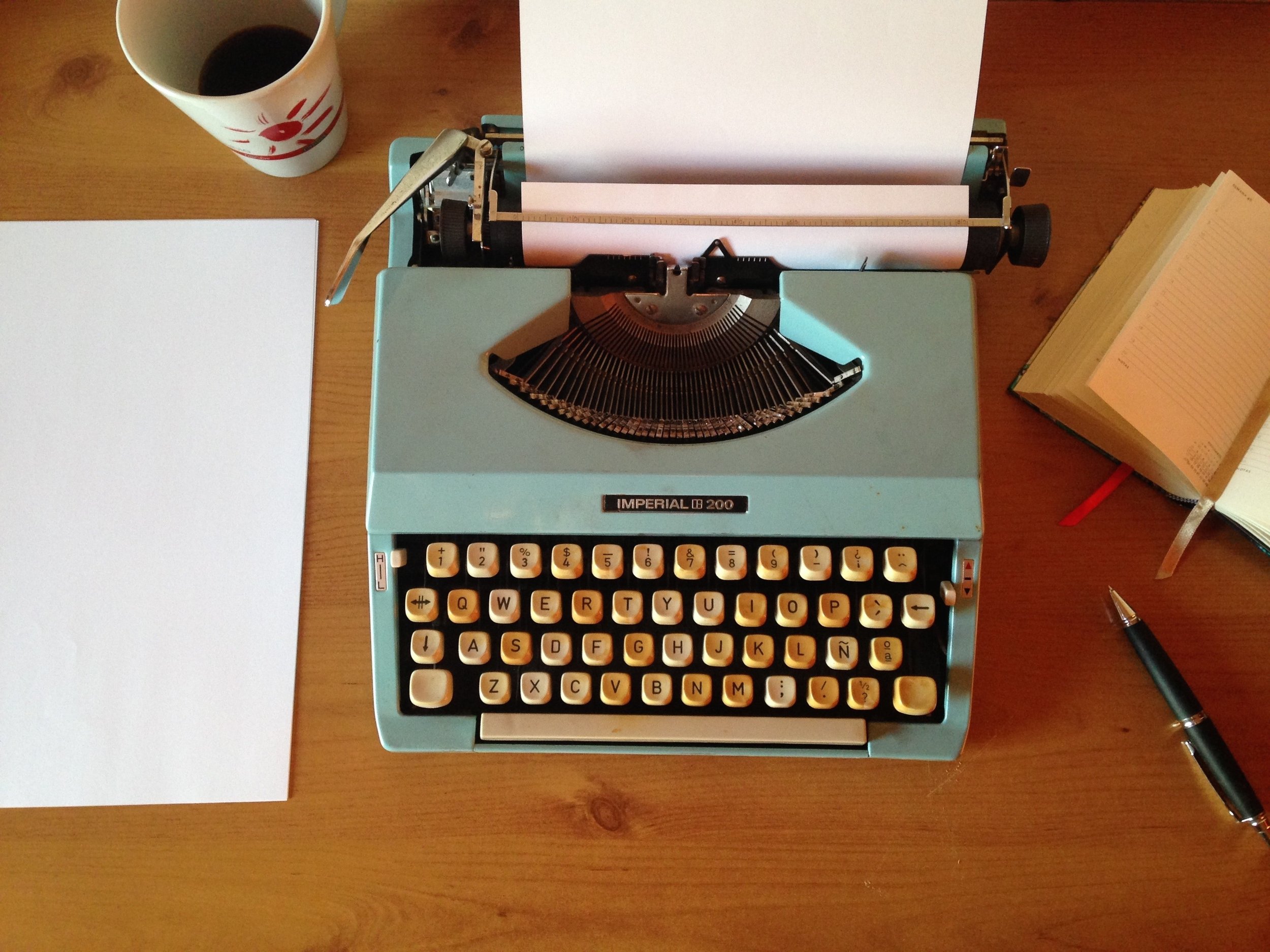My 9 Immutable Rules for Writing, or How Not to Be a Pretentious F*ck
Reading for pleasure as an undergrad is a hard feat, and I didn’t do it. I got out of the habit. I forgot what I liked and didn’t. When I first decided to write a novel some 9 months after graduation, I quickly realised that I hadn’t read nearly enough in recent years, which meant that I had no benchmark for what my book should and shouldn’t be. On a mission and with time to spare, I armed myself with all sorts of books — fiction, nonfiction, classics, new releases, random picks from one of those “take a book, give a book” libraries — and began the reeducation process.
Because I like to keep an open mind, I tried reading a Jonathan Franzen novel. Before you feel too sorry for me, I gave the fuck up after 100 pages (still, I know). “The greatest living American novelist” writes women like he’s never met a woman, let alone listened to one, and his prose is the finest example of intellectual wanking I’ve ever set my eyes on. And, look, he would probably have something to say if he got some fucking perspective. There are some ideas in here — too bad they’re filtered through the lens of pedantry.
Sorry, what am I ranting about? Ah, yes. This shit. I’ve written 99 double-spaced pages of a novel and also I am angry, so I have decided to procrastinate further on my novel-writing and share some insights I’ve gained since early August. Behold my immutable rules for writing, an antidote to Jonathan Wank-zen’s immutable rules for how to be a white man.
1. For fuck’s sake, don’t listen to me
You think me and my 25,000-word first draft know what the fuck we’re talking about? Multi-award-winning authors don’t know what the fuck they’re talking about. Good luck.
2. There are no rules for writing
None. See Jack Kerouac, James Frey, James Joyce. Beware, though, of breaking rules if you’re a woman, POC, LGBTQ+, disabled or otherwise marginalised author. You will get skewered (it will be worth it though, just ask Alexandria Ocasio-Cortez).
3. Read books by women, POC, LGBTQ+, disabled and otherwise marginalised authors
I haven’t read enough, and neither have you. Put some Audre Lorde, Roxane Gay, Janet Mock, Sandra Cisneros, and — yes, I’m gonna fucking say it — Yoko Ono on your reading list. Privilege people who have been historically and systematically silenced.
4. Don’t be a pretentious C-word
Yes, this is where I draw the line on foulmouthery. It seems to me that a vast majority of writers have pretentious C-word tendencies — these must be fought at all costs. I am so pretentious, you guys. I think I’m soooo clever, and also I will correct your grammar. I’m working on it. On many levels, correcting grammar is classist and ableist. Also, Franzen seems to think that accessible information is somehow a bad thing? Make your writing accessible. Donate copies to libraries and schools and charities. For fuck’s sake.
5. Re: being a pretentious C-word, no genre is worthier than another, Steve
Steve is an archetype, not a human being. Please don’t sue, Steves of the world. If you turn your nose up at women’s lit, YA fiction, fantasy or even self-help (guilty), congratulations! You’re a dick. See also this tweet.
6. Don’t give up
Some days, you will feel like you are the worst writer on the face of the planet. Some days, it will even be true. But you can’t make something better if it doesn’t exist, so just keep writing and you can worry about how good it is later. That way, you get bragging rights for finishing a book, any book, even if it’s awful.
7. If you feel like you have something to say, you probably do
So say it. Just don’t be a Franzen, and do your best to check your privilege.
8. Your writing is something you produce, not the sum of everything you have ever and will ever stand for
The current one is my second attempt at book-writing. I gave up on the first because I felt like I had something to say and it just wasn’t translating on the page. Cut yourself some slack. You are more than your productivity, and your work — though an important part of you — is not the sum of who you are.
9. Create a support system
Writing is lonely as hell. You will need to surround yourself with friends, family, writing groups, writing forums, books, podcasts and whatever the hell else you can think of to get through it. You will get through it. You’re amazing. Bye.

